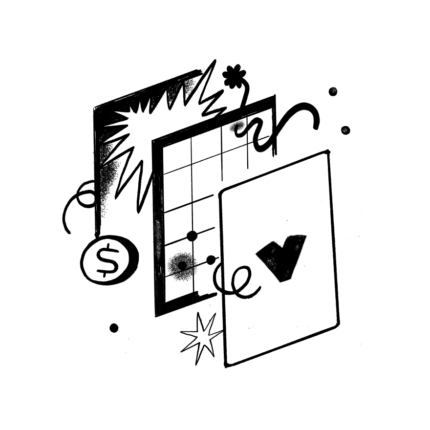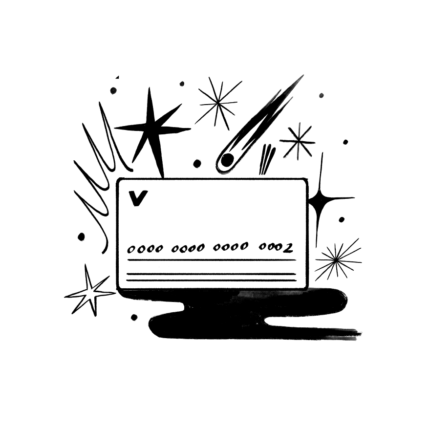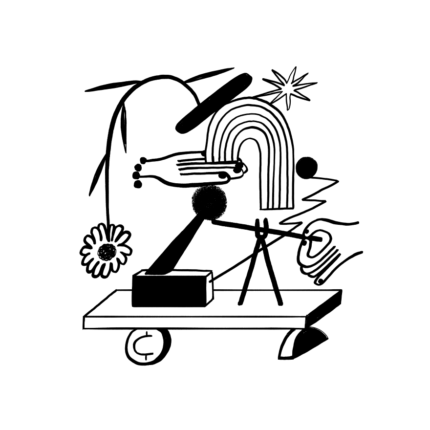
Should I use my HSA as an emergency fund?
Can you use your HSA as an emergency fund? And even if you can, should you? There’s a lot to consider, and we’ve broken it all down for you.
What would you do if your car broke down and you had to fork over $1,000 in repairs?
Would you:
- Panic and tell the shop to scrap your vehicle, who needs a car anyway?
- Beg for a discount (?!)
- Charge your credit card and wince.
- Dip into your health savings account (HSA).
Wait … you can use your HSA as an emergency fund?
Well, there are a few caveats, but the short answer is: yes!
A common misconception is that an HSA exists only to help you pay for qualified medical expenses at the moment they’re incurred—but that’s not really the case. If you want to use your HSA as an emergency fund, you can stash money in there and watch it grow. Then you can use that cash as emergency funds if ever the need arises.
Ok, How Does this Work?
First things first: only those who have a qualifying high deductible health plan (HDHP) can open an HSA. You can contribute pre-tax dollars to this account—up to $4,150 an individual or up to $8,300 as a family—and let it sit there as long as you need to.
There is one important caveat to HSAs if you want to (maybe) use it as an emergency fund: you need to be meticulous about keeping your receipts. Two major benefits of HSAs are the fact that there’s no “use it or lose it” provision like with a flexible spending account (FSA), and there’s no deadline for reimbursing yourself after you pay a medical bill.
This second benefit is what makes using an HSA as an emergency fund possible at all—so keep those receipts! That way, when you’re ready to get those qualified medical expenses reimbursed, you have solid proof.
Gimme the Scoop
Regardless of whether you’re thinking of using your HSA for emergencies or just storing up for retirement, keep the cash in your account for as long as possible. That way, you let that money multiply with interest and/or investment gains.
Try to spend cash or money from your checking account instead of funds from your HSA to pay for qualified medical expenses… and always, always (we won’t stop harping on this!) keep those receipts for later. Got knee surgery in 2019 but don’t want to get reimbursed until 2040? No problem, so long as you still have your receipts!
Think of it as an IOU system, where you get reimbursed for qualified medical expenses, but then use the money once it’s out of the HSA for whatever purpose—aka your emergency.
Here’s an Example
Let’s say you sprain your ankle while running. You take a trip to the emergency room, get an x-ray, and purchase some pain relief, an Ace bandage, and hot and cold packs … all HSA-eligible items. It just so happens that at this moment, you have ample money in your checking account and can pay for all that stuff (woo!). You pay using your normal, everyday debit card. The catch: you keep your receipts and put ‘em away (because you’re a responsible adult with foresight). Good job.
A year goes by (your ankle is healed!), when one day you’re driving home from work and see smoke coming from the hood. Luckily, there’s a mechanic nearby and you’re able to get your car inspected. The good news: the mechanic can repair your car! The bad news: it’ll set you back $1,000.
Well, you don’t have $1,000 sitting around (we get it). But luckily, you’ve been saving up in that good ole HSA. Now’s time to pull out those trusty receipts and get those ankle sprain remedies reimbursed so you have money to pay for your car repairs.
Remember, you need to keep those receipts as long as you need to so that you can use them as proof of payment when you do get reimbursed. Otherwise, you could have your claim rejected or end up paying a penalty for taking money out of your HSA. This means you could pay income taxes plus an extra 20% for taking the money out for non-qualified medical expenses.
I Don’t Like My Money Just Sitting There…
You can also choose to invest your HSA funds so that they grow over time. If you let the money just sit there, it isn’t going to earn much in the way of interest, meaning you could be losing out on some cash-growing opportunities.
When you need your HSA funds, simply make a request and you’ll be reimbursed, as simple as that.
An HSA isn’t for everyone and we’re not telling you to not spend money in your HSA if you can’t cover the cost on your own. Rather, think of your HSA as a vehicle by which to house an emergency fund. After all, you worked hard for your money, so make your money work just as hard for you.


